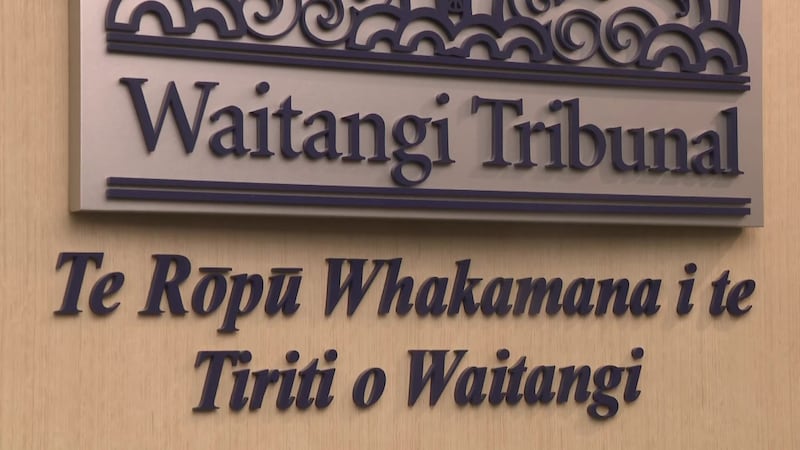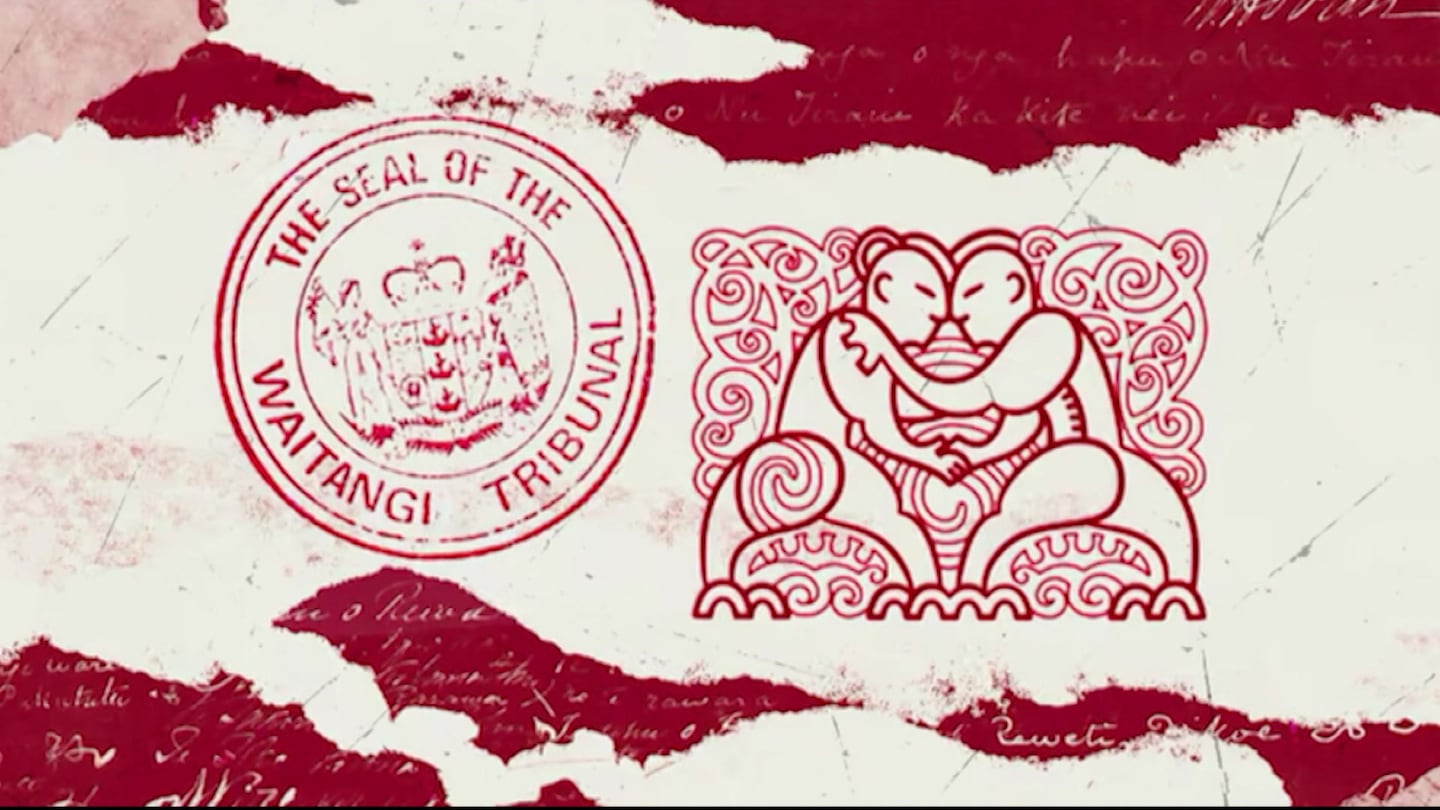Documents released under the Official Information Act to Te Ao Māori News reveal the Government’s push to weaken the Waitangi Tribunal is facing strong resistance from the judges it seeks to allegedly disempower.
The coalition agreement between National and New Zealand First committed to “refocus the scope, purpose, and nature of [the Tribunal’s] inquiries back to the original intent of that legislation” as part of a review commissioned by the Māori Development Minister, Tama Potaka.
The debate comes as the Waitangi Tribunal marks its 50th anniversary this week with a conference reflecting on its history and role in New Zealand’s constitutional landscape.

Established in 1975 to investigate breaches of Te Tiriti o Waitangi, the Tribunal has been central in documenting Māori grievances, shaping Treaty settlements, and influencing major reforms.
The milestone has sharpened focus on whether the body will be strengthened or curtailed in the years ahead.
Government’s review
Māori Development Minister Tama Potaka announced the review in May this year, saying it is about ensuring the Tribunal “is best placed to continue serving the interests of Māori and all New Zealanders into the future.”
This would limit the Tribunal’s involvement in contemporary issues such as the Māori Health Authority, at a time when the Government has shown a willingness to dismantle Māori-specific policies.
At the time, Potaka described the review as timely, given the progress of historical settlements and concerns about the Tribunal’s current workload.
An Independent Technical Advisory Group (ITAG), chaired by legal expert Bruce Gray KC and supported by Te Puni Kōkiri, is leading the review. Its members include senior public servant Kararaina Calcott-Cribb, lawyer David Cochrane, and Māori leader Dion Tuuta.
The review is considering whether the Act provides clarity around the Tribunal’s jurisdiction, how different types of claims are managed, and how the legislation aligns with other laws.
Engagement has been underway since mid-2025, with advice to be reported back by September and legislative proposals intended before the end of the year. However, the process has not yet been completed.
Potaka confirmed the review is ongoing and that he will receive advice “in due course.” Yet behind the scenes, correspondence reveals a rare clash between ministers and judges over how the Tribunal should operate.
Judicial pushback
Chief Judge Caren Fox has warned that “the current urgency process causes unnecessary delay,” arguing that presiding officers, rather than the full Tribunal, should be able to decide urgency applications.
She has also called for powers to close dormant claims and issue interim reports “so that communities can see progress while inquiries are still underway.”
Deputy Chair Judge Sarah Reeves pointed to the long shadow of Baker v Waitangi Tribunal (1995), saying “the gaps left after [the case] have compounded the urgency process. Without legislative fixes, the backlog will only worsen.”
Judges collectively raised concerns about ministerial proposals to introduce gatekeeping controls, warning that “gateway mechanisms risk denying Māori access to justice. The Tribunal requires more practical tools to manage its workload, not restrictions that would prevent claims being heard.”
Competing visions
By contrast, ministers and ITAG have floated “gateway mechanisms” to restrict kaupapa inquiries and impose thresholds before claims can be heard.

ITAG chair Bruce Gray has said public confidence could be strengthened by limiting open-ended inquiries.
But the judges’ warnings highlight the gulf between judicial calls for efficiency and ministerial moves to narrow the Tribunal’s scope.
The documents also underline the scale backlog with 1,800 claims remaining unresolved, many tied to kaupapa inquiries.
The Waitangi Tribunal’s 50th anniversary conference is underway in Wellington this week and will continue over the coming days, with speakers including current and former judges, Treaty negotiators, academics, and iwi leaders, where the Tribunal’s future scope and the current review are expected to be front and centre.




